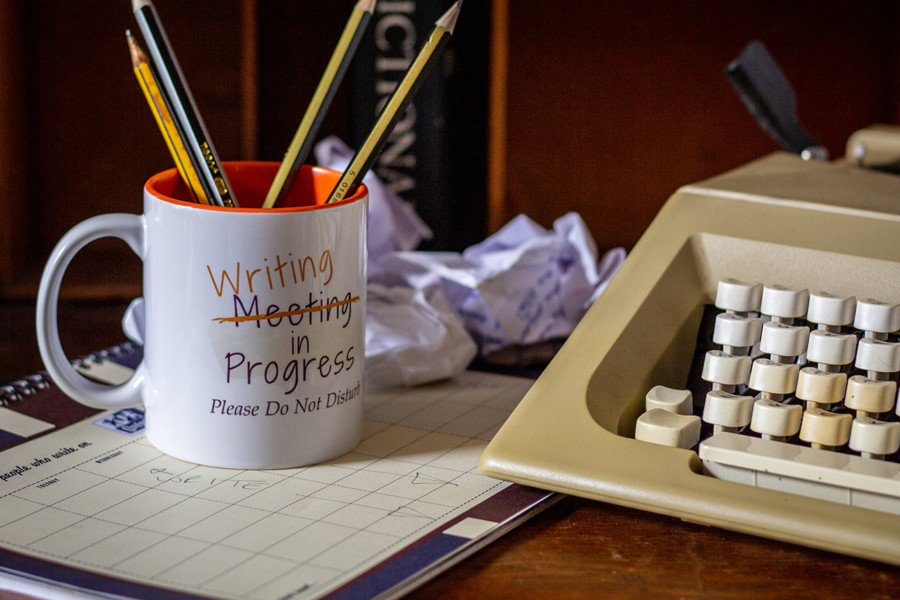This post was originally written during a time when many universities and workplaces had shifted to remote work in response to the COVID pandemic. Although circumstances have now changed for many people, much of what I say in this post still applies. I’ve been working from home for over 10 years now and the question […]
Read More »Emotional labour is real work
This post was originally written during a time when many universities and workplaces had shifted to remote work in response to the COVID pandemic. Although circumstances have now changed for many people, much of what I say in this post still applies. As I watch all the academic Twitter conversations about transitioning to remote teaching […]
Read More »Adjusting to pandemic conditions, part 1
This post was originally written during a time when many universities and workplaces had shifted to remote work in response to the COVID pandemic. Although circumstances have now changed for many people, much of what I say in this post still applies. My business is all about helping academics juggle their work and life responsibilities […]
Read More »Transitioning to summer
I’ve started thinking about the end of the semester and the transition into summer. The academic year is usually thought of as having 2 main seasons: term-time and not-term-time. When you are teaching, things are busy. There is also a lot of service and admin. The time available for research and writing is limited in […]
Read More »Not contributing to other people’s email overwhelm
Jo VanEvery, Academic Career Guide · Not contributing to other people’s email overwhelm As a companion piece to Managing email when you’ve rapidly switched to remote working, I thought I’d also share some tips to make email more effective as a means of communication. Modelling good email practices does create change. If other people find your […]
Read More »Managing email when you’ve rapidly switched to remote working
This post was originally written during a time when many universities and workplaces had shifted to remote work in response to the COVID pandemic. Although circumstances have now changed for many people, much of what I say in this post still applies. Jo VanEvery, Academic Career Guide · Managing email in the rapid switch […]
Read More »Thoughts on academic freedom, scholarly publishing, and mundane practices
Jo VanEvery, Academic Career Guide · Thoughts on academic freedom, scholarly publishing, and mundane practices This post is something I initially wrote for my newsletter. I had come across something that I wanted to write about even though I didn’t have a neat conclusion or lesson. I value freedom and autonomy. I know freedom and […]
Read More »Planning for known unknowns
Jo VanEvery, Academic Career Guide · Planning for known unknowns When I write the monthly review newsletter I try to say something specific about that particular month. This is complicated by the international audience for my newsletter. There are different term dates, different holidays, and different weather. I’ve got newsletter subscribers at all stages of […]
Read More »Are you taking breaks?
Fatigue impairs cognitive function. In the planning classes I run in the Academic Writing Studio, I talk about the importance of sleep and rest. I suggest things like taking a break away from your desk to each lunch and/or do some kind of movement activity. I talk about doing stretches or something between activities. […]
Read More »How to feel like you are moving forward
I’ve had a few conversations with clients and colleagues that reminded me that your gremlins might have some very weird rules. “I feel like I’ve been working really hard but I haven’t ticked anything off my to do list.” “I have been working really hard and I have nothing to show for it.” These statements […]
Read More »Prioritising meaningful work when you are feeling overwhelmed and powerless
This is a follow up to the post about being an academic in dystopian times in which I encouraged you to : “Double down on the work that is meaningful to you. What makes your teaching meaningful to you? What makes your research meaningful to you? What makes your writing and publishing meaningful to you? How […]
Read More »Reviewing your writing accomplishments
Anna Clemens and I have been following each other on Twitter for a while. She provides editing and grant writing support for scientists and asked me if I could write something about reviewing the year for her blog. This is what I wrote. Review your scientific writing year (2019) Because her people are mainly scientists, […]
Read More »
















